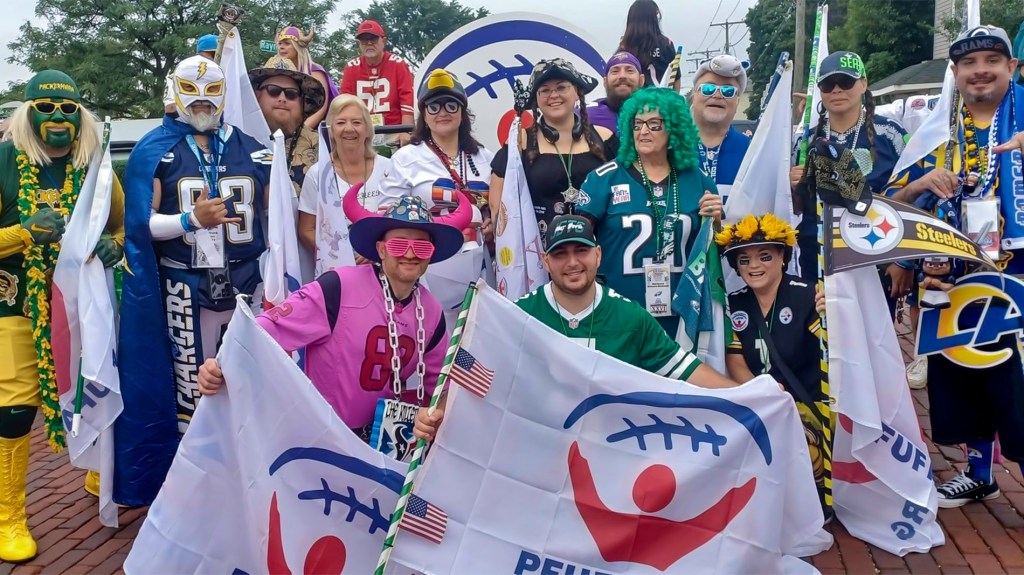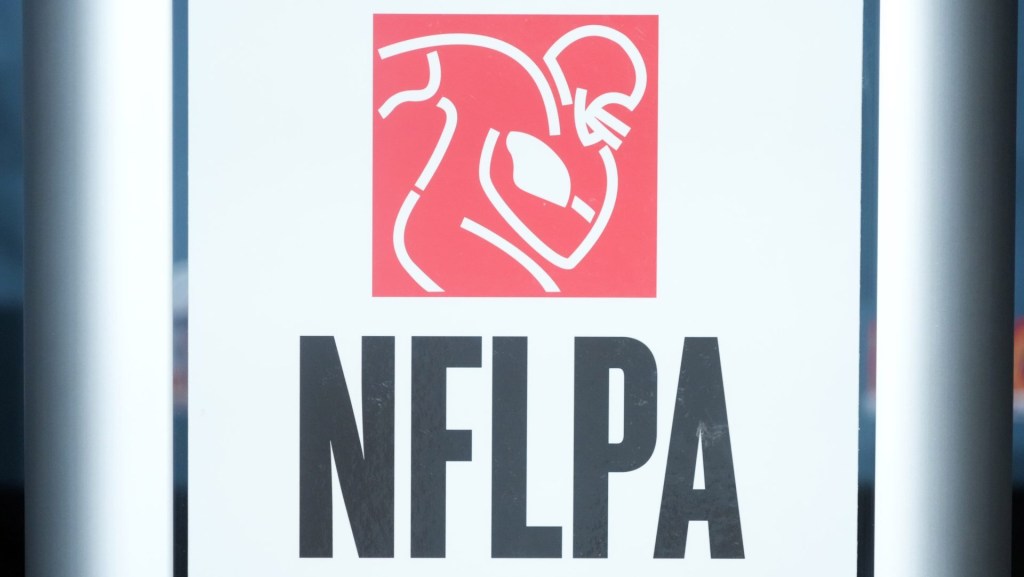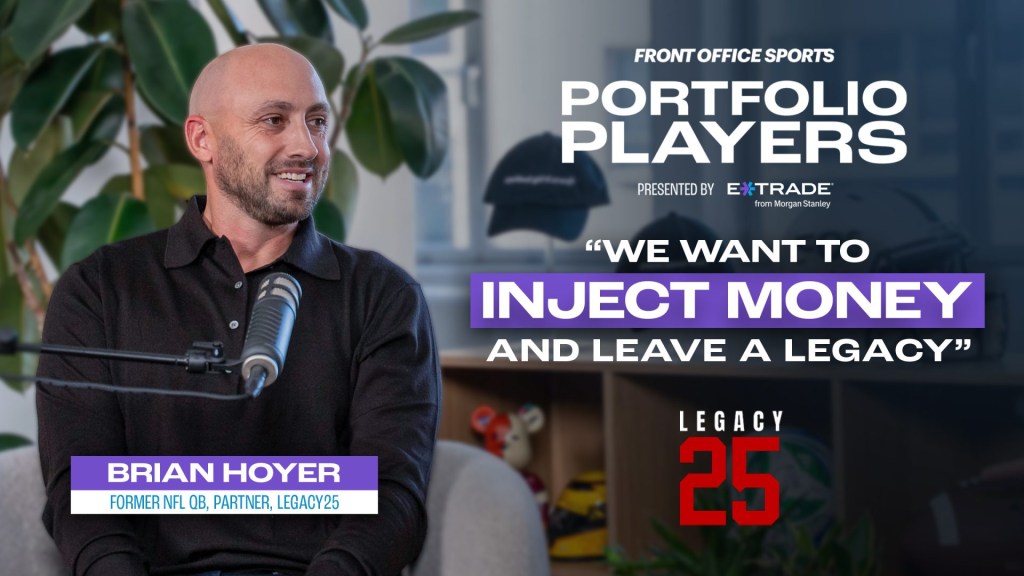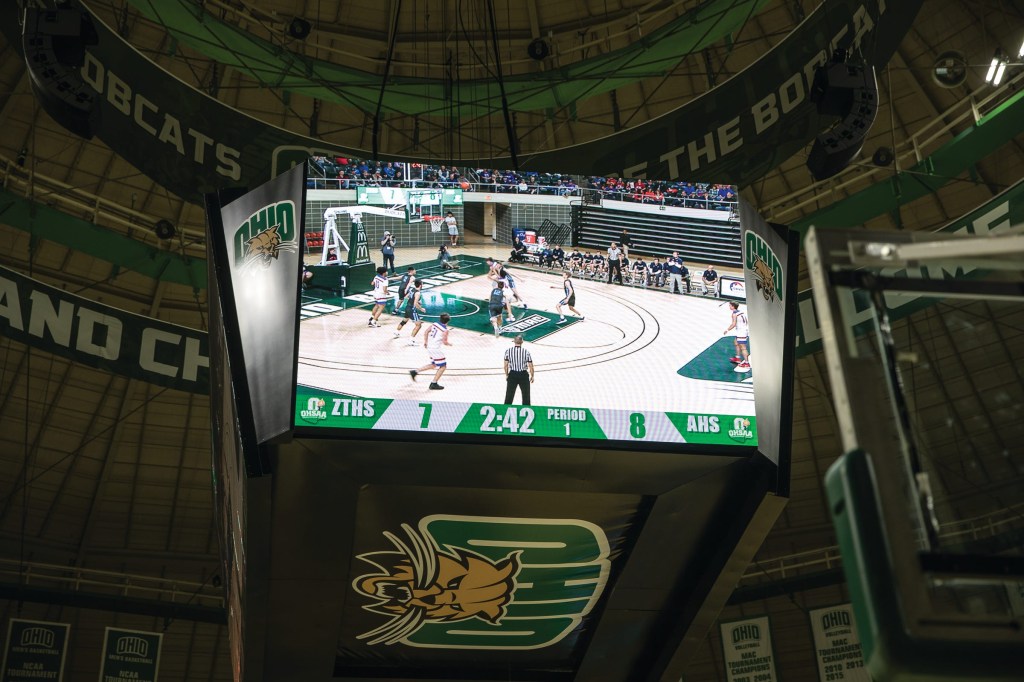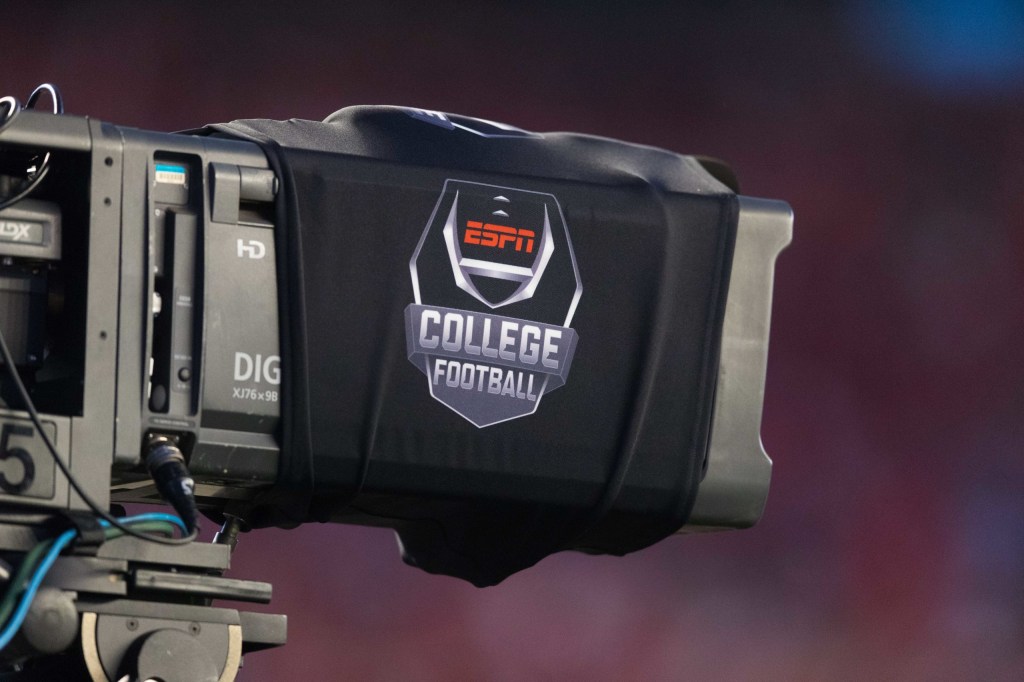
With more than $8 billion in revenue sharing distributed in the 2017 season, working for an NFL franchise or the NFL corporate offices may be one of the most celebrated and highly coveted positions in the sports business industry.
With hundreds of applicants going for each position within the league, young professionals need every advantage they can possibly gain.
By picking the brains of the some of the most successful people in the industry, we’ve come up with three different perspectives on how to begin your career in the NFL — and lessons that come along with their stories.
***
John Quinones, the NFL’s director of talent acquisition, shared his secrets on getting hired for jobs in the NFL — and needless to say, the competition is fierce.
“We have openings in finance, human resources, information technology, data analytics, youth football, community relations, digital media, engineering, communications, security, and production.”
Quinones admitted to receiving between 300 to 500 resumes for most full-time positions. For some positions, such as summer internships, he expects to receive close to 3,000 applications.
SEE MORE: Personal Branding Tips for LinkedIn
“Candidate resumes that are concise, specific and relevant to the position for which they’re applying will have an advantage over other job seekers,” he said.
Quinones also shared another aspect to keep in mind when applying to a hyper-competitive role by stating, “I appreciate getting a gracious note after a candidate is rejected. If they have the right skills, I try to keep them in mind for the future. I really do keep a stack of resumes on my desk of candidates who were impressive to us but that we just didn’t have a spot for at the time.”
Lesson: Spruce up your resume, find a role that aligns with your expertise, and shoot your shot by applying!
***
Rejection is a hard reality in applying for roles in sports business, but Christina Hovestadt, a former teacher and coach who now serves as the community relations manager for the NFL, is a true testament to remaining persistent in her pursuit to work in for the NFL.
“My father would always ask me, ‘what are you going to do to set yourself apart?’ In college, I made a decision to start doing a lot of free work. I worked six internships just to see what I liked. Unfortunately, I graduated in a recession only to find that there were almost no jobs available.”
After nearly six years working in healthcare recruiting, broadcasting, and K-12 education, Hovestadt connected with former NFL player Rashad Jennings and was offered an opportunity to work with his foundation (Rashad Jennings Foundation) that gives back to the communities of all 32 NFL markets. Three years later, Hovestadt moved back home to Jacksonville to be closer to family and landed an opportunity to interview for a position in the NFL corporate office. After nearly three months of interviews, Hovestadt secured her position.
SEE MORE: How to Handle More Responsibility In Your Career
When asked about the specific skills needed to be successful in her role, Hovestadt mentioned discipline and time management.
“I had a previous habit of staying up late that I knew I had to change if I wanted my days to be more productive. When I’m in the office I am a sponge! The people who work for the NFL are so knowledgeable about what they’re doing and every day is a tremendous learning opportunity. I am constantly taking notes in meetings about different insights that allow me to look at our work from a different perspective.”
Yet, despite her drive for excellence, when asked about her next career goals Hovestadt said, “I want to encourage people regardless of where they are. I love equipping athletes and clubs to give back. I get to be a part of a cause bigger than myself. Players will reach out to me and I get to give them opportunities to use their platforms to create tangible change. I can equip and train them up… I think these days there’s such a hustle mentality and grind mentality, but to me, life is all about being purpose driven.”
Lesson: Your career is a long journey. Don’t be scared of twist and turns. Embrace them while bettering yourself!
***
Outside of the front office, working for a team’s scouting or player personnel departments are among a host of other opportunities to work in the NFL. Camren Williams, an area scout for the New England Patriots, shared specific insight to a career that is often behind-the-scenes but plays a large role in the success or failure of a team.
“There are two different types of scouts: pro scouts, who oversee things like trades, free agency, team breakdowns, and reports. College scouts oversee specific areas or regions and are responsible for draft breakdowns and grades.”
Williams also brought light to the structure and hierarchy of scouting, stating that “you begin with the scouting assistant, who is in the office, creating cut-ups and finding background information. Then the area scout who has a target region to evaluate prospects, they are led by national scouts, who have more regions and evaluation responsibility. The college director or director of player personnel oversee all evaluation and report to the general manager, who then reports to the owner and president of the team. A typical team is made up of generally 15-20 people.”
SEE MORE: 4 Ways to Make Breaking Into the Sports Industry A lot Easier
When asked about the unique parts of his role, Williams mentioned the importance of networking.
“I never realized how much I’d be interacting with others around the league. As a scout, I’m constantly developing relationships not only at the college level, but with other scouts. My biggest challenge is staying organized and getting all of my (player) grades right. I have to understand the game as a whole, it’s always evolving so I don’t think I’ve ever arrived.”
Lesson: No matter what your role is, developing relationships is imperative.
***
So, are you ready to begin your NFL corporate career? Check out their latest job postings here.
While the opportunity to work in the NFL corporate office or for an NFL franchise is a highly selective and coveted position, whether you’re in the front office or the film room, developing yourself and others along the way will serve you well.

